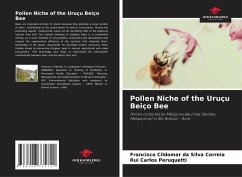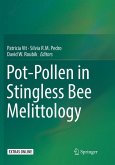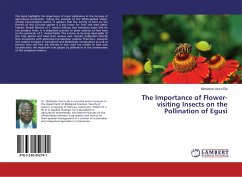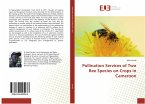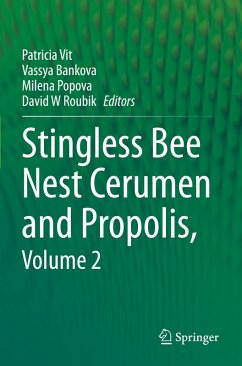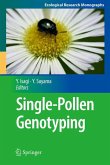Bees are important animals for plants because they pollinate a large number of them, contributing to the preservation of natural ecosystems. Among the pollinating agents, meliponinae stand out for benefiting 84% of the botanical species they visit. The rational breeding of stingless bees is a sustainable activity, as it uses methods of consumption, production and reproduction that respect the regenerative efficiency of the systems that integrate them. Knowledge of the plants responsible for providing trophic resources helps studies aimed at preserving stingless bees in natural, agricultural and urban ecosystems. This knowledge also helps to understand the interspecific relationships between bees and the plants they visit.
Bitte wählen Sie Ihr Anliegen aus.
Rechnungen
Retourenschein anfordern
Bestellstatus
Storno

